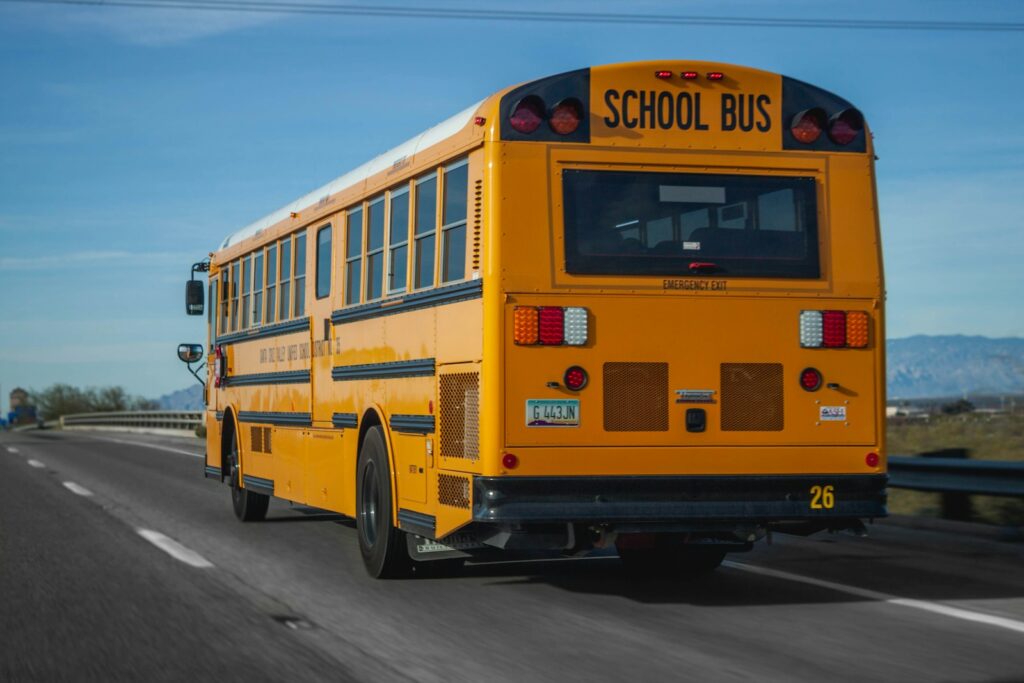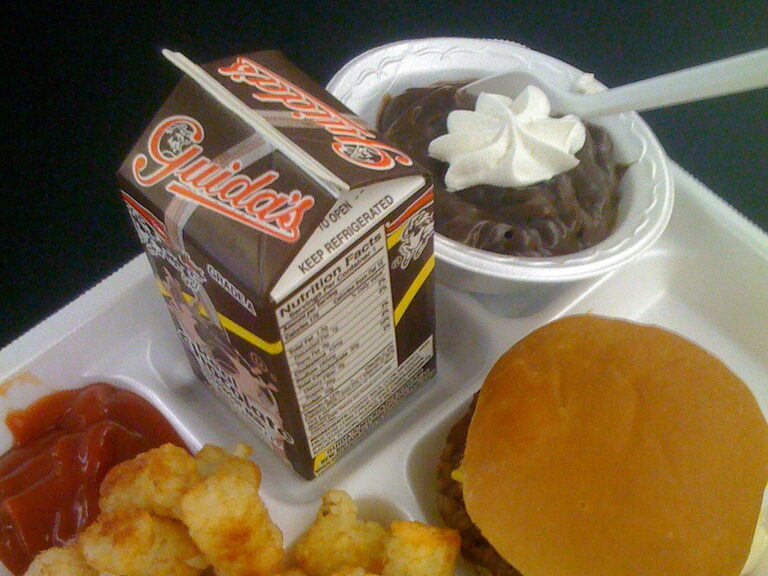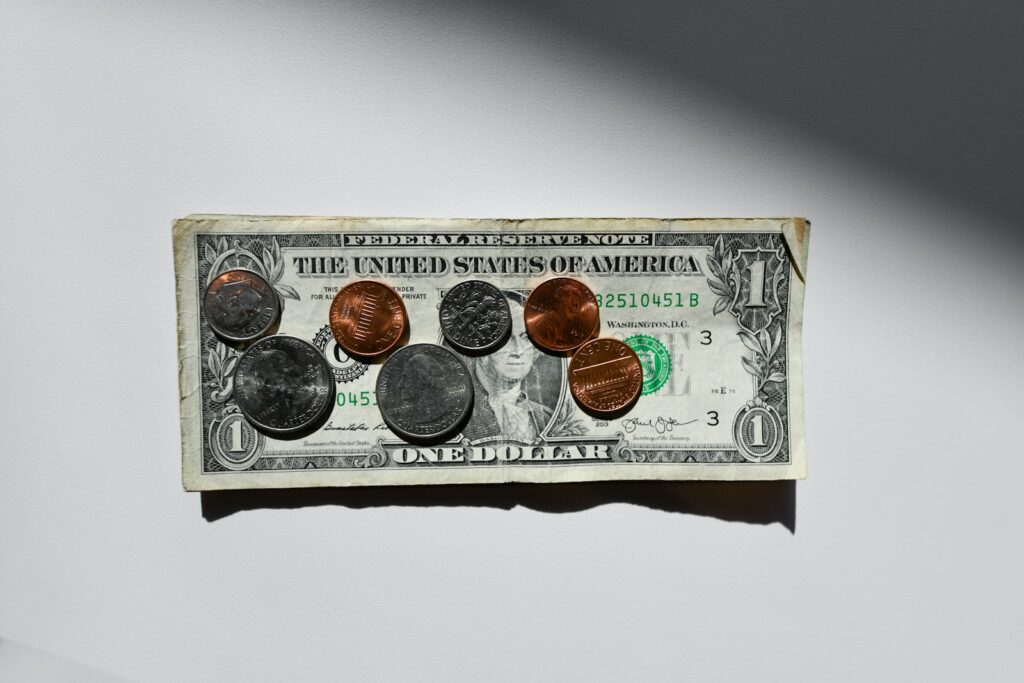Lifestyle
10 Things That Only Make Sense If You Grew Up in America

Every country has its quirks, but there’s something about growing up in the U.S. that leaves you with a particular mix of habits, references, and expectations that don’t always translate elsewhere. You don’t think they’re odd—until you try explaining them to someone who didn’t grow up with the same lunch trays, pledge routines, or suburban-sized everything.
Free refills at restaurants.

You drink half your soda, and someone magically tops it off without asking. No charge, no weird looks. If you grew up in the States, that feels totally normal. Try asking for a refill overseas, and you’ll probably get a blank stare or a second bill. The idea that you can drink until you’re full just because you’re sitting down? Very American.
Pledging allegiance in school.

You stood up, hand on heart, and recited the same words every morning. Nobody questioned it. It was just what you did. It wasn’t until later that you realized how strange it sounds to say a daily loyalty oath out loud before math class. If you never left the country, it might’ve never occurred to you that most kids don’t do that.
Yellow school buses.

Those big, boxy buses are everywhere. You see one and instantly think, “School.” For Americans, that shape, that color—it’s automatic. But outside the U.S., they don’t mean anything. Most countries use regular buses or none at all. There’s a weird nostalgia tied to them, even if you hated the ride. It’s a visual cue that doesn’t mean “childhood” to anyone else.
Commercials for medication.

You’re watching TV, and suddenly, someone’s dancing through a park while a voice lists side effects like “severe bleeding” or “hallucinations.” Only in America. The idea that prescription drugs are advertised like candy bars is bizarre to anyone else. But if you grew up here, you’ve probably learned what “ask your doctor” means before you understood the word “insurance.”
Sales tax not included.

You grab a $4 item and hand over four bucks. Doesn’t work. You forgot the tax—again. That’s a lesson every American kid learns early. The price isn’t the price. It’s always a little more. Go abroad, and people are stunned to learn that we just accept it. Why isn’t it included? Nobody knows. But here, we just live with it.
Weird lunch combinations.

Pizza with chocolate milk. A corn dog and canned peaches. Nachos, pudding, and a milk carton you had to punch open. School lunches in America were chaos, and we didn’t question it. Looking back, most combinations make no sense. But they’re tied to childhood, and even the smell of a cafeteria brings it all back. Other countries had food. We had trays full of randomness and a five-minute warning bell.
Measuring everything in feet and Fahrenheit.

You don’t think twice about saying someone’s 5’10” or that it’s 75 degrees outside. But try explaining that to someone who uses meters and Celsius, and you’ll sound like you’re describing a fantasy world. Americans just know how many feet are in a mile, and somehow, we never learned why it’s different from the rest of the planet.
Tipping as a system.

You eat out, and you tip. That’s just how it works. Servers rely on it, and you’ve known that since you were a kid. But if you didn’t grow up in America, tipping can feel confusing, even awkward. How much? When? Why so often? For Americans, it’s muscle memory. For everyone else, it feels like a test you didn’t study for.
Massive portions.

You get a “regular” drink, and it barely fits in your hand. Fast food portions in the U.S. are massive; everyone knows it. But growing up here, you don’t really notice until you leave. You start wondering if your plate was meant to feed two people. It turns out that, in most places, it would’ve been. What we call “medium” is often “family size” everywhere else, and somehow we got used to it.
Cheering during the national anthem.

You’re at a game. The anthem plays. Someone yells, “Home of the brave!” and the crowd goes wild. That blend of patriotism and sports is baked in early. It doesn’t feel weird unless someone points it out. But for people from other countries, mixing the flag, song, and football in one breath feels completely foreign. To Americans, it’s just part of the game.

